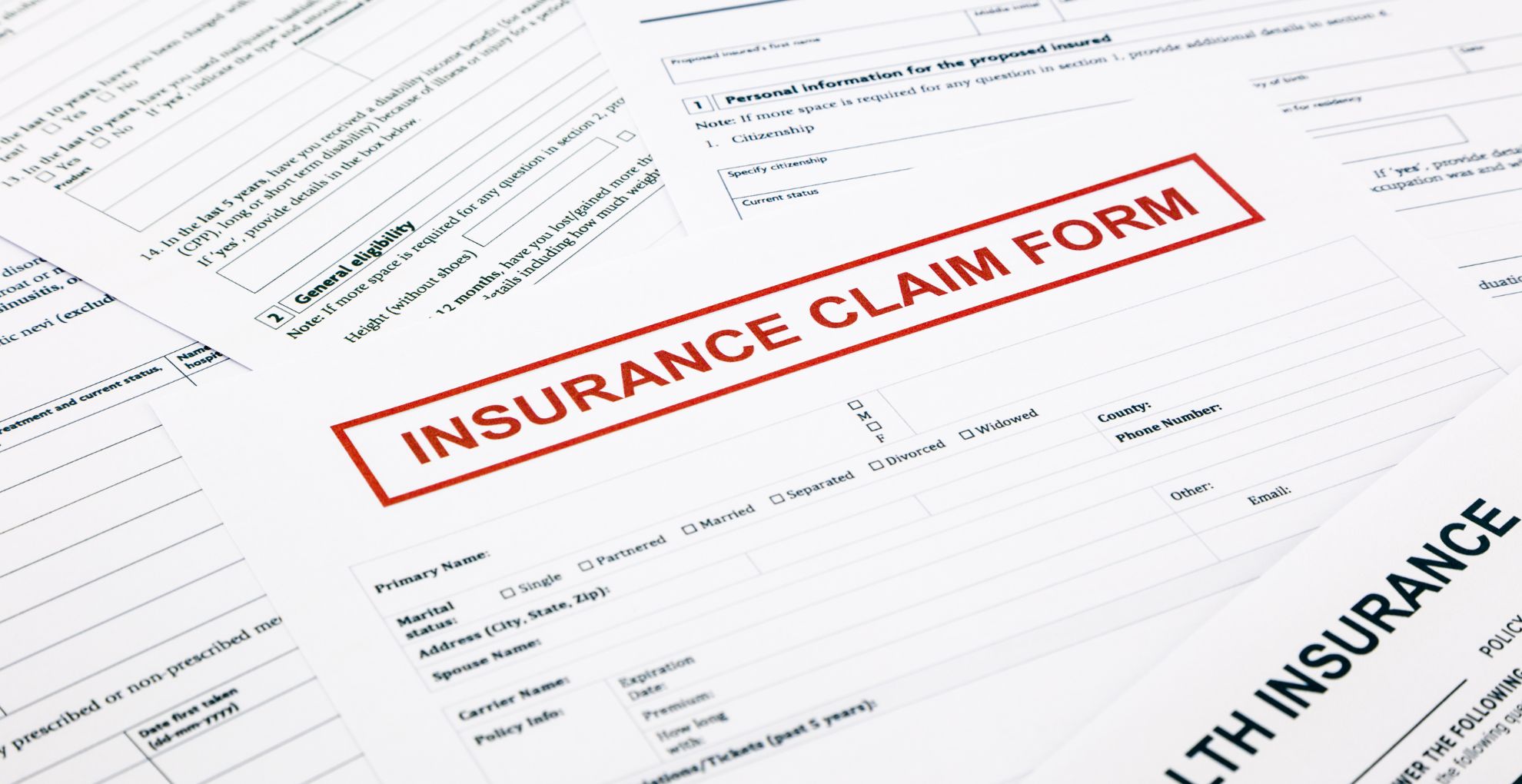After decades of building equity in their homes, many are now looking at that investment as more than just a roof over their heads. It’s also a source of income security. With the rising cost of living, longer life expectancies, and the unpredictability of retirement savings, many retirees are turning to home equity loans and reverse mortgages to help support their golden years.
But which of these options makes the most sense for you in 2025?
Let’s take a closer look at how tapping into your home equity can help ease financial pressure and give you the freedom to enjoy retirement with peace of mind.
Why Home Equity Matters
Think of home equity as the portion of your home that you truly own. It’s the difference between your home’s current market value and the balance remaining on your mortgage. Over time, as you pay off your mortgage and property values rise, that equity can become a substantial nest egg.
And in retirement, when income often dips and expenses (like medical bills) tend to rise, that equity can become a financial lifeline.
Rising Retirement Challenges in 2025
Recent reports show that more retirees are carrying debt into retirement than ever before. Inflation continues to drive up the cost of essentials, and many are discovering that their retirement savings may not stretch as far as they thought. According to the Pension Plan Investment Board, nearly one in three retirees say they’re concerned about running out of money.
Faced with these realities, homeowners are increasingly exploring ways to turn their biggest asset—their home—into a source of income. That’s where home equity loans and reverse mortgages come into play.
What Is a Home Equity Loan?
A home equity loan is sometimes referred to as a “second mortgage.” It allows you to borrow a lump sum against the equity in your home, which you repay over time with interest. These loans usually have fixed interest rates and fixed monthly payments, making them easier to budget.
Let’s say your home is valued at $600,000 and you still owe $200,000 on your mortgage. That leaves you with $400,000 in equity. A lender might allow you to borrow up to 80% of that equity, giving you access to a significant amount of cash.
How It Works
You receive the full loan amount upfront and begin repayment immediately. Your home acts as collateral, meaning that if you default on the loan, you risk foreclosure. It’s essential to be confident in your ability to make the monthly payments.
Who Should Consider a Home Equity Loan?
If you have a steady income or a pension and you’re comfortable making regular payments, a home equity loan might be a good fit. It’s also a great option for people who want to fund large, one-time expenses like home renovations or helping adult children with education or a down payment.
But remember, it does add a financial obligation during a time when many prefer fewer bills.
What Is a Reverse Mortgage?
A reverse mortgage, on the other hand, is designed specifically for older homeowners. The minimum age to qualify is 55. It allows you to access up to 55% of your home’s value in tax-free cash, without having to make any monthly payments.
That’s right: no monthly mortgage payments.
Instead, the loan is repaid when you sell the home, move out, or pass away. Until then, you remain the homeowner and continue living in the home as usual.
How It Works
You can receive the money as a lump sum, in regular payments, or as a line of credit to use when needed. Interest accrues over time, and because you’re not making payments, the total loan balance increases. This means that the amount of equity remaining in your home may decrease.
But the upside? You have steady cash flow and no repayment burden while you’re living in your home.
Who Should Consider a Reverse Mortgage?
A reverse mortgage is ideal for retirees who want to age in place but need additional cash to fund their lifestyle, healthcare, or simply maintain a comfortable retirement. It’s especially helpful for those with limited monthly income, since it doesn’t require payments.
It’s also a good fit for people who don’t have heirs who want to keep the home or who are comfortable with the idea that part of their estate will go toward paying off the loan.
Comparing Home Equity Loan vs. Reverse Mortgage
Now let’s break down the main differences between these two tools:
Home Equity Loan:
- Immediate monthly payments
- Lump sum disbursement
- Lower interest rates (in many cases)
- Credit and income checks required
- Best for borrowers who want to preserve equity
Reverse Mortgage:
- No required monthly payments
- Flexible disbursement options
- Higher interest rates
- No income or credit score requirement
- Designed for long-term retirement living
The biggest deciding factor often comes down to your income and your goals. If cash flow is tight and you plan to stay in your home for the long haul, a reverse mortgage may relieve financial stress. If you can manage monthly payments and want to access a larger portion of your home’s value upfront, a home equity loan could be more suitable.
Reverse Mortgage vs. HELOC: What About a Line of Credit?
A Home Equity Line of Credit (HELOC) is another way to use your home’s equity. Like a credit card, it offers a flexible line you can draw from as needed. Payments are required on the amount you borrow, and interest rates can vary.
HELOCs are a good middle ground if you don’t need a large lump sum right away. But they do require you to make monthly payments, which may be challenging if your income drops during retirement.
How to Choose the Right Option for You
There’s no one-size-fits-all answer. Choosing between a home equity loan and a reverse mortgage requires honest reflection and strategic planning.
Ask yourself:
- Can I afford monthly payments comfortably?
- Do I want to stay in this home for many years?
- How important is it to leave the home to my children or heirs?
- Do I need a large sum now, or would I prefer flexible access to funds?
Actionable Tips for a Smart Decision
- Consult a financial advisor. They can help you evaluate how either option fits within your overall retirement plan.
- Talk with family. If leaving an inheritance is important, involve your children or beneficiaries in the conversation.
- Get estimates from lenders. Not all lenders offer the same rates or fees. It pays to compare.
- Review the fine print. Some reverse mortgages include penalties for early repayment, and home equity loans come with origination fees and closing costs.
FAQs – Home Equity Loans vs. Reverse Mortgages
Is a reverse mortgage like a home equity loan? Not exactly. Both use your home as collateral, but reverse mortgages don’t require monthly payments and are tailored for retirees.
Can I qualify for both at the same time? It’s technically possible, but lenders often discourage holding multiple home equity-based loans at once.
What happens to my home after I die with a reverse mortgage? Your estate or heirs must repay the loan, usually by selling the home. Any remaining equity goes to your estate.
Are reverse mortgage funds taxable? No. The money you receive is considered a loan advance, not income, and is therefore not taxable.
What are the risks of home equity loans? Missing payments can lead to foreclosure. And if property values drop, you could end up owing more than your home is worth.
The Bottom Line: Use Equity to Support Your Future
Your home isn’t just a place to live—it’s a powerful financial tool that can help you enjoy a more secure and fulfilling retirement.
Whether you choose a home equity loan or a reverse mortgage depends on your financial needs, your ability to manage monthly payments, and your long-term goals. Both options have the potential to relieve stress, fund your lifestyle, and support your independence.
Start by speaking with a trusted mortgage specialist or financial planner, explore the available options, and make a decision that supports both your present comfort and future peace of mind.
After all, you worked hard for your home. Now let your home do the work for you.






